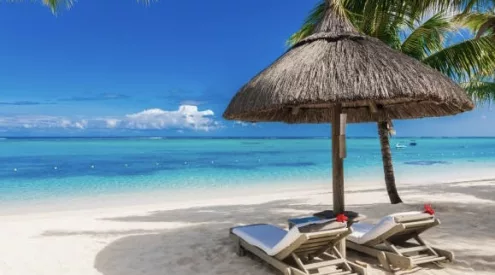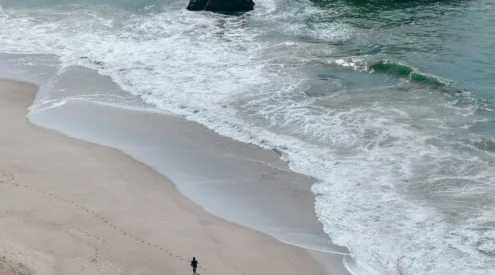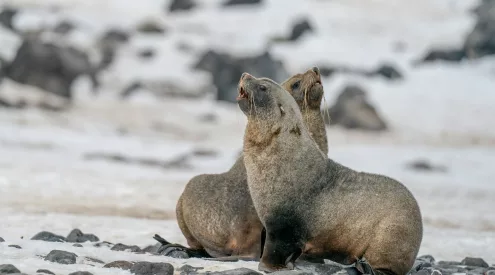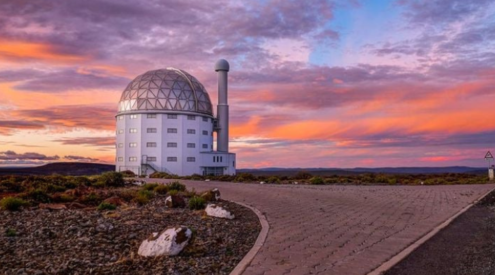We had decided to ship the expedition vehicle from Japan to Dubai, as China had become unfeasible given our budget constraints. It cost more than 8000 US dollars simply for the paper work and relevant documents needed just to get the car into China without having even turned the ignition on. It was however important that the expedition visited China to try and understand fisheries policy and marine conservation initiatives.
Due to our first hand experience in Central Africa regarding Chinese fisheries, we hoped that an “on the ground assessment” of Chinese marine conservation efforts may provide an interesting understanding to the seemingly reckless political strategy in resource acquisition in developing nations.
Our goal was to interview the head of the WWF China marine program about the Yellow sea Eco-region, a conservation effort between China, Korea and Japan (who has a stake in the fishery). The interview went well despite the constant feeling that we were filming undetected by Chinese authorities, which made us feel uneasy.
The yellow sea Eco-region according to WWF is incredibly disturbed with pollution emanating from approximately 1 billion people in the surrounding catchment area, that is 1/6th of the worlds population. The major problems encountered within the system were, pollution, over fishing, land reclamation and lack of political support, a seemingly all to familiar situation. At our current understanding there appears to be no fisheries regulations in China, something that surely can’t be true.
Our quest in finding inspiring people took us towards Xiamen, where we met and interviewed a spirited bunch of individuals working tirelessly over mangrove restoration and education. The China Mangrove Conservation Network took 9 years achieve NGO status, yet despite the continual setbacks, the dedicated team continued to work for the betterment of the coastal environment and the re-establishment of the critically harvested and destroyed mangroves. There work was inspiring and more importantly sustainable, the project has a future.
We got wind of a single man trying against insurmountable odds to re-establish the biodiversity on Haikou Island. According to the Chinese the island is the “Hawaii of China”, but honestly it is one of the more polluted environment I had ever seen. Our friend Anian works hard to stabilize the riverbank with Sheoak trees and mangroves, his aim to create habitat for fish and terrestrial biodiversity. The government however suppressed the project by indicating that Anian was working on government land, which was illegal, and owners of duck farms, who squat illegally along the riverbanks sabotaged the trees and the integrity of the project. Despite the setbacks, Anian continually works for the creation of biodiversity and he is undeterred by the lack of political will.
















